| Get to know this year’s 40 Under 40 honorees — and what they want in their careers |
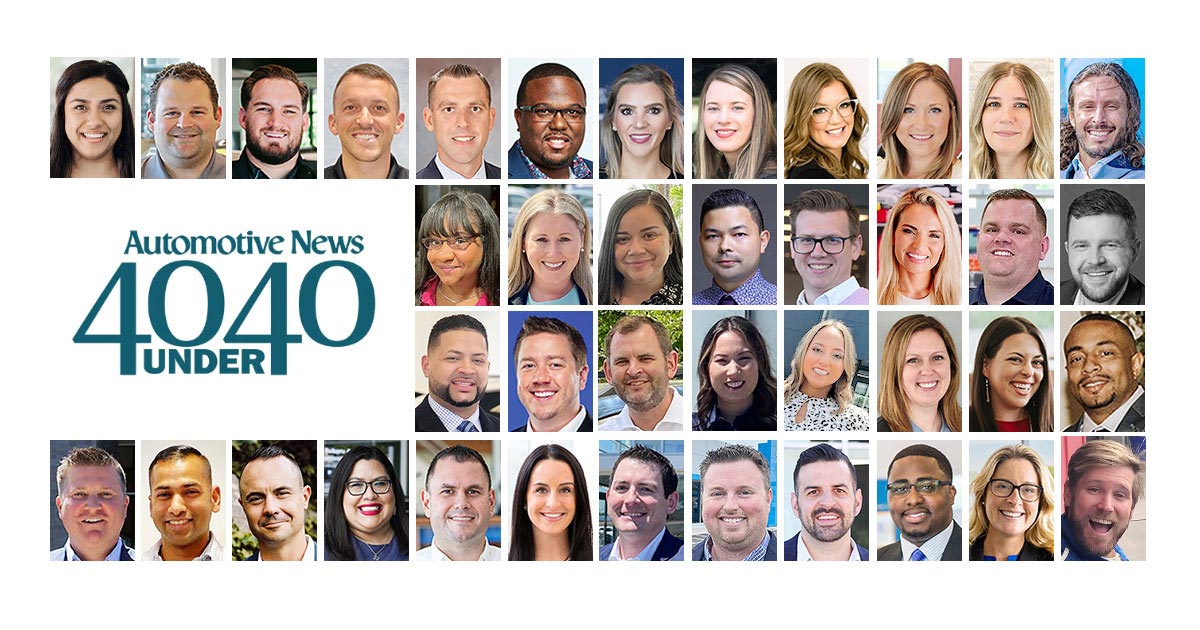
Here’s some good news: Young dealership leaders tell us they generally feel supported at work to pursue professional development and career growth.
They want a mentor, training through workshops and conferences, and to feel challenged on the job.
Those are among the responses we received as part of a recent Automotive News survey of past and present 40 Under 40 recipients, and they provide important insights for dealers as we get ready to reveal this year’s class of promising young dealership talent on Monday, July 11.
As younger generations enter the workforce, dealers should pay attention to what they desire from their employers — particularly now, when finding candidates to fill open jobs remains a challenge, but also to keep them engaged given high turnover rates in auto retail. Pay ranks high on their list, sure, but so does work-life balance, opportunity for advancement and caring leadership.
“We’re looking for fulfilling work,” Erikka Wells, sales and training manager at Volkswagen of Marion in Illinois, said during a LinkedIn Live event last week as part of our 2022 40 Under 40 coverage. (Missed the conversation live? You can watch the replay here.)
“I want to make a living, but I also want to make a difference,” she said, “so finding a job and finding work that is impactful, that is purposeful, that uses my best skills, my talents, the things that keep me up at night and keep me excited, work that challenges me and pushes me to my limit — that’s what makes a rewarding career.”
This year’s group of 40 Under 40 honorees already are making contributions at their dealerships, and have their eyes on what’s next. Spend some time getting to know them in the pages of this week’s issue, and online.
 |
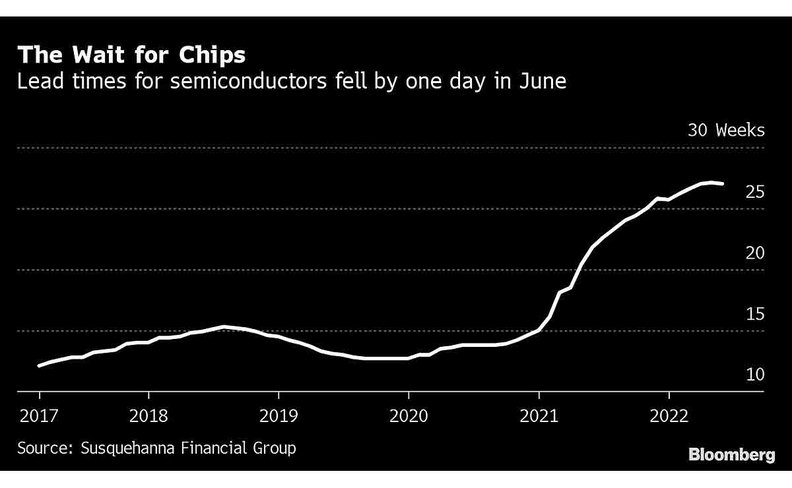
 |
In Monday’s Automotive News:
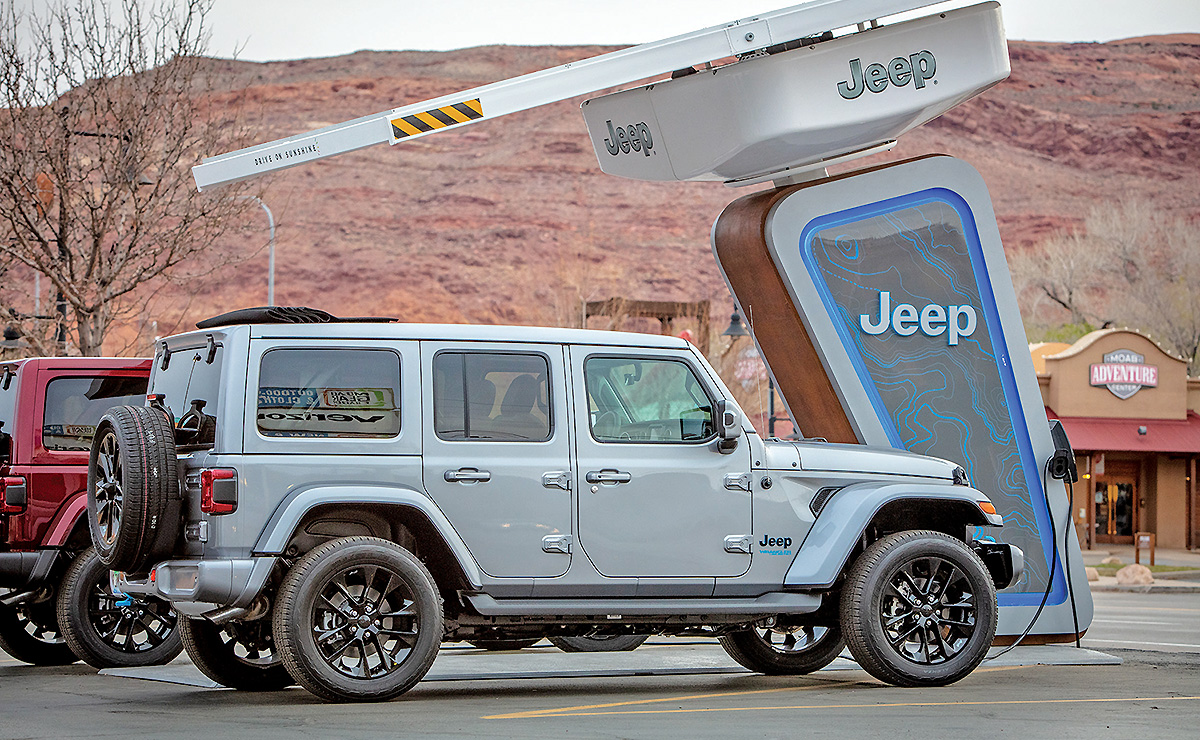
Electrified Wrangler is on more shopping lists: The 4xe family of plug-in hybrid Jeeps dropped the brand into the electrification world for the first time, creating some interesting shopping behavior around the 4xe version of the Wrangler. The hybrid powertrain added a new layer to the versatile utility vehicle, with its promise of quiet rides and 21 miles of electric range. Edmunds cross-shopping data gives a peek into how the electrified Wrangler has broadened its reach and taken on some unlikely competitors.
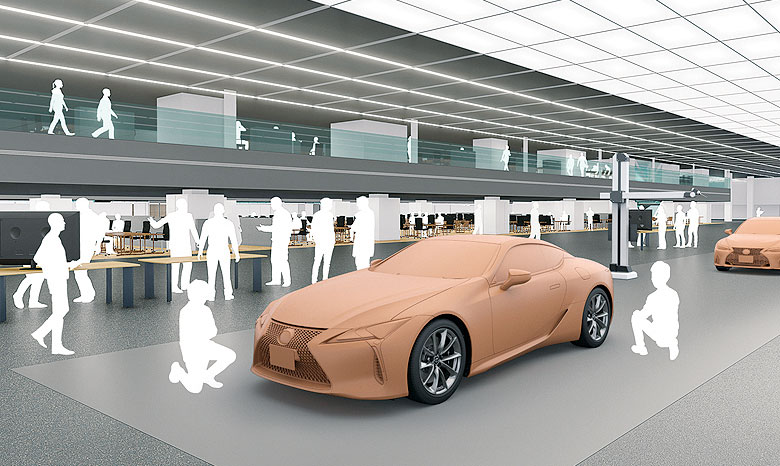
Lifting the veil: Automotive News gets an inside view of Toyota’s secretive Shimoyama complex — hidden in remote foothills on the outskirts of Toyota City, Japan — that will soon open as Lexus’ new world head office. Executives say the facility will both revolutionize the way Lexus develops cars and speed the brand’s shift into electric vehicles. In the end, they assert, it will make Japan’s top premium brand a leader in the global EV race at a time when critics say Lexus is in danger of falling behind.
 |
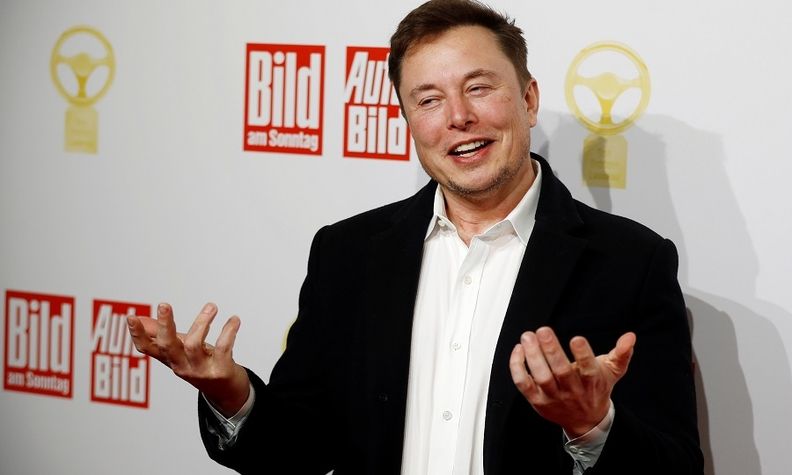
Twitter deal sours; litigation looms: Elon Musk’s announcement on Friday that he was terminating his $44 billion deal for Twitter brings to an end a will-he-won’t-he saga after he clinched a deal for the social media platform in April but then put the buyout on hold. Now Musk faces a possible $1 billion breakup fee and litigation from Twitter’s board.
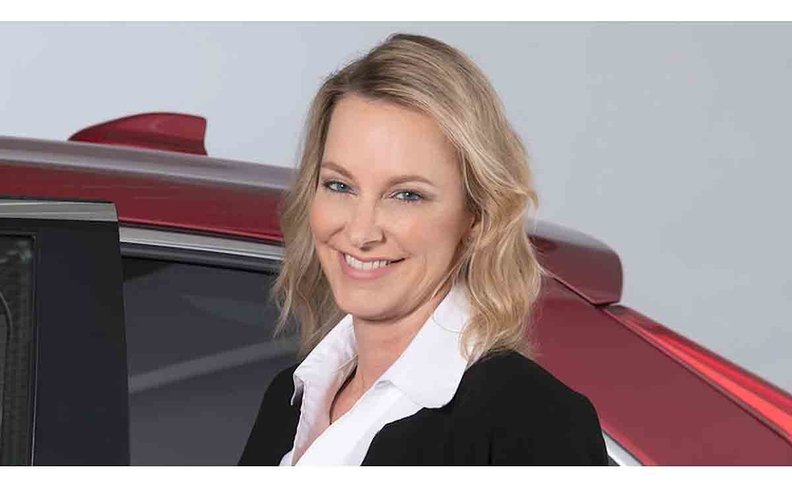
VW marketing chief to exit: Volkswagen of America’s head of marketing, Kimberley Gardiner, is leaving the automaker after less than two years on the job. Andrew Savvas, head of sales for VW of America, said in a note to dealers that the marketing team will report to him until a successor is identified.
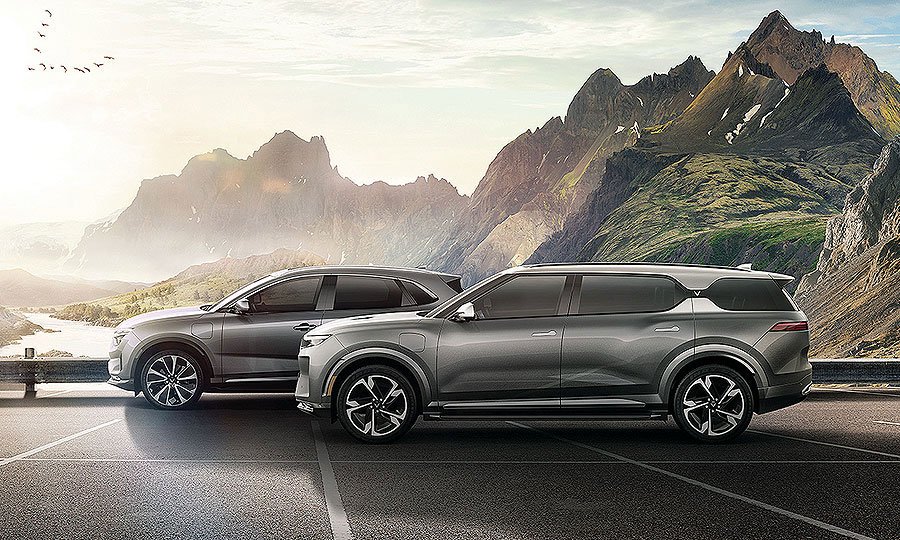
VinFast’s California play: Vietnamese automaker VinFast is opening its first U.S. showrooms in California shopping centers next week on its way to 30 company-run retail locations in the state by year end. VinFast has chosen Santa Monica, San Diego, San Mateo, Corte Madera, Commerce and Berkeley for its first six showrooms
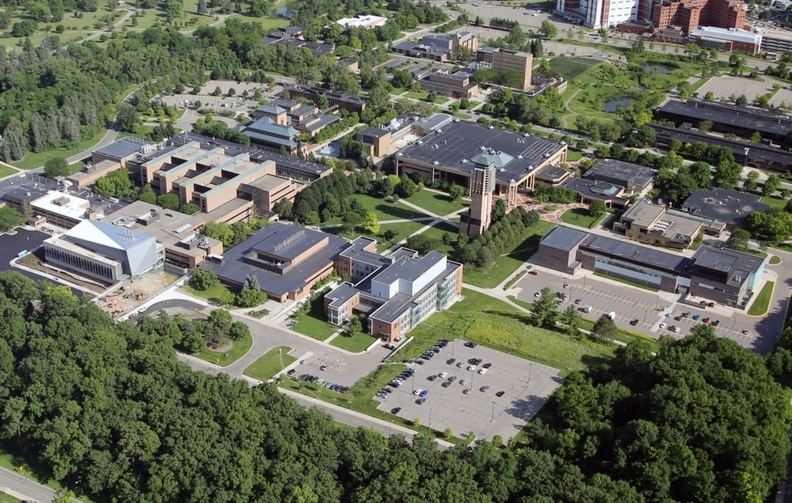
New EV training center: A new center for EV teaching, training and development is in the works at the University of Michigan’s Ann Arbor campus. The state appropriated $130 million for construction and programming for the center, which will be operated by the university.
 |
|
|---|
 |
 |
 |
July 15, 1933: Bob Stempel was born in Trenton, N.J. He fixed students’ cars and played football while attending Worcester Polytechnic Institute, where he earned a mechanical engineering degree in 1955. After two years in the U.S. Army Corps of Engineers, he joined Oldsmobile as a chassis detailer in 1958. By 1972, he was assistant chief engineer. Along the way, he designed the front suspension and powertrain mounting systems for the 1966 Oldsmobile Toronado, the first modern American front-wheel-drive car, and earned an MBA from Michigan State University.
In 1973, General Motors President Ed Cole put Stempel in charge of a task force working on emission-control technologies, which led to the development of the catalytic converter. Stempel moved to Chevrolet the next year and was named director of engineering in 1975.
Stempel was the rare executive with all three critical skills: business, product and people. His product leadership resulted in downsized big cars for 1977 and significant improvements to other models. Promotions followed: Pontiac general manager in 1978, Opel managing director in 1980, back to Chevrolet as general manager in 1982.
He returned just as Chevy was launching a range of new vehicles, including a third-generation Camaro, two all-new series of fwd cars — midsize Celebrities and subcompact Cavaliers — and GM’s first compact S-10 pickups.
The next year brought the first sporty S-10 Blazer SUVs and a slope-nosed Monte Carlo SS for Chevy’s return to NASCAR competition.
Then, in 1984, just as Stempel-influenced Chevrolets were coming to market, CEO Roger Smith launched a massive reorganization of GM’s product divisions and promoted Stempel to vice president and group executive over the new Buick-Oldsmobile-Cadillac Group. Important among those new products were a fourth-generation Corvette for 1984 and, for 1985, an IROC-Z Camaro and a trio of low-cost joint-venture small cars: a Toyota Corolla-based Nova, an Isuzu I-Mark-based Spectrum and a Chevy Sprint derived from the Suzuki Cultus.
Smith’s reorganization created chaos, but Stempel performed well under difficult conditions. He advanced to executive vice president and a member of the board in 1986 and GM president in 1987 before succeeding Smith as CEO in 1990.
He labored for two years to fix Smith’s mess and stave off bankruptcy, but GM’s board decided that it wasn’t going quickly enough and forced him out in October 1992.
Stempel resurfaced three years later as CEO of EV battery maker Energy Conversion Devices and ran that until he retired in 2007. He continued to consult with electric vehicle and battery companies until he died at age 77 in May 2011.

